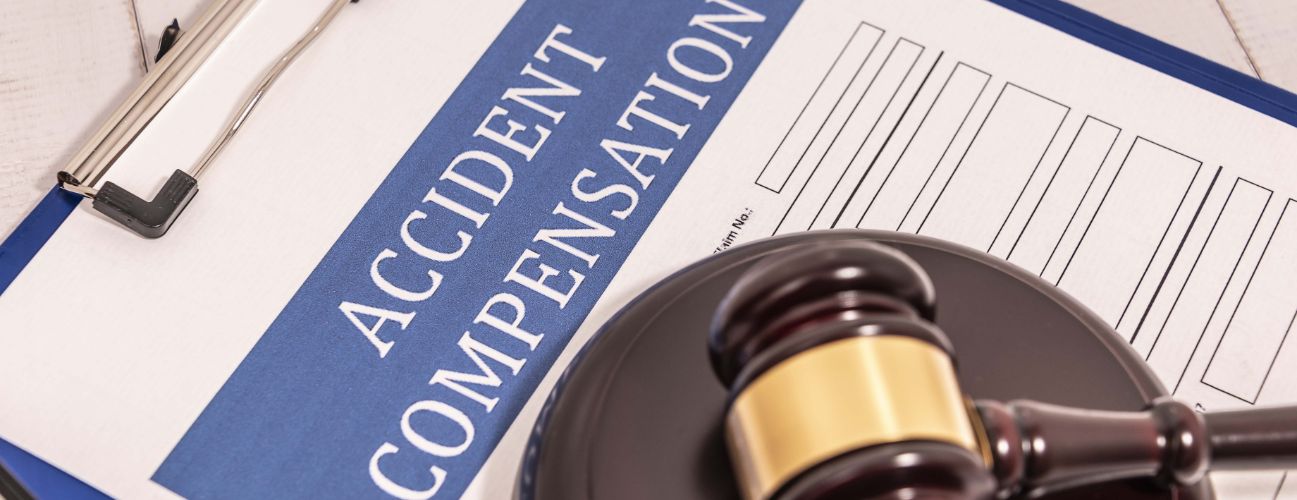State law requires almost every employer to have workers’ compensation insurance, which comes into play whenever a covered employee sustains an injury while working. Workers’ compensation insurance not only provides financial benefits to injured workers, but it also protects their employer from civil liability for the injury. This means an injured worker generally cannot file a personal injury claim against their employer if they are hurt while working. However, there are exceptions to this rule.
Workers’ Compensation Insurance Protects Employers and Employees
First and foremost, an employer only has protection from civil liability for a workplace injury if they have appropriate insurance coverage and they have characterized their employees accurately. For example, an employer cannot list an employee as an independent contractor to avoid paying for workers’ compensation coverage if that employee meets the state’s definition of a covered worker.
Second, an employer can face liability for a workplace injury, even if they have insurance, if they intentionally caused the injury somehow. For example, if the injured worker was assaulted by their supervisor or a coworker, or if their supervisor compelled them to perform a task with virtual certainty of causing an injury, these factors can form grounds for a negligence claim.
An injured worker should report their injury to their supervisor immediately so they can begin the claim filing process as soon as possible. If their employer refuses to provide the necessary claim forms or interferes with the employee’s recovery efforts in any way, such actions could form grounds for civil action against the employer, and they are likely to face penalties from the state as well.
Proving Fault for a Workplace Injury
Fault does not factor into most workers’ compensation claims. It is possible for an employee to have caused their own injury at work and still qualify for benefits. Exceptions to this rule would include injuries caused by working under the influence of drugs or alcohol, horseplay at work, or illegal activity conducted while on the clock. As long as the injury happened while the employee was working in good faith, it is covered by the employer’s insurance policy.
Proving fault will, however, be essential if you intend to pursue a civil suit in response to an injury at work. Whether you plan to file a personal injury claim against your employer or a third party responsible for causing the injury, you must be prepared to prove that the injury resulted from their negligence or their intentional misconduct.
An experienced workers’ compensation attorney is an invaluable resource for anyone in the aftermath of a work injury. Even if your case seems straightforward, you could have grounds to pursue additional recovery that you would have overlooked on your own, and the right attorney can help you understand the full breadth of the recovery options available to you.
FAQs
Q: How Much Can I Receive From Workers’ Compensation?
A: The average injured worker can expect two types of benefits from a successful workers’ compensation claim: medical expense coverage and disability benefits. The insurance company pays for any medical care the claimant needs to recover from their injury and provides income replacement benefits while the claimant is unable to work and earn income. The amount they receive generally depends on the severity of their injury, and some injured workers will have grounds to seek additional compensation through civil suits.
Q: How Long Does a Workers’ Compensation Case Take to Settle?
A: When you meet all procedural requirements for your claim and have an experienced attorney helping you, it’s possible to receive your determination of benefits from your employer’s insurance carrier in a matter of weeks after filing the claim. However, if your claim is denied, appealing the decision and resolving any related legal issues with your employer and/or their insurance company can take much longer. If you need to litigate a work injury case, it may take several months to complete.
Q: Why Should I Hire an Attorney for a Workers’ Compensation Claim?
A: Even if your claim seems to be straightforward and your employer is helpful with the claim filing process, you could still encounter obstacles in your recovery efforts that you will not know how to resolve on your own. Working with an experienced attorney can make every stage of the claim filing process easier to manage and more likely to generate the results you hope to see. You will also be better prepared to face unexpected challenges that arise as you seek the benefits you legally deserve under state law.
Q: How Do I Prove Negligence in a Work Injury Case?
A: If you believe you have grounds to pursue further legal recourse beyond a workers’ compensation claim, you must be ready to prove fault for your injury before you will be able to recover compensation for your damages. While fault does not necessarily factor into a workers’ compensation claim, fault is a central issue in any personal injury case. Your attorney can help gather the evidence you may need to firmly establish liability for your damages and hold the at-fault party appropriately accountable
Q: What Is the 90-Day Rule for Workers’ Compensation?
A: When you submit a claim for workers’ compensation benefits to an insurance carrier, they must respond to the claim within 90 days of filing. If the insurance company does not approve, deny, or extend the claim determination process within this timeframe, the claim is automatically approved.
The right attorney can answer your most pressing legal questions after a workplace injury and guide you through the legal proceedings ahead of you. The sooner you connect with an attorney you can trust, the more likely you are to maximize the benefits you obtain, and their help can be especially valuable if you must pursue a negligence claim as well. Contact Pratt Law Corporation today to schedule your consultation with our team and learn how we can help you recover from a workplace injury caused by negligence.





